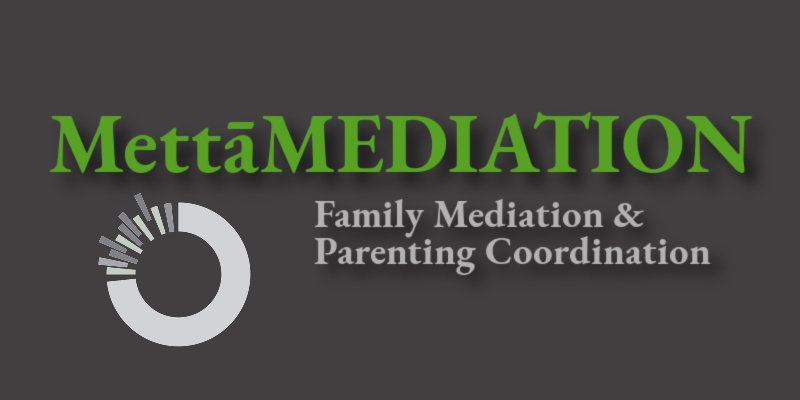How long will family mediation take?
When we receive mediation-related calls into the office, Carolyn, who fields all such calls, is often asked the question posed in the title. It is difficult to answer it on the spot because the response depends on a number of factors: - some of which are within your control and some of which are not. Imagine getting into a cab and asking the driver how long the ride will take without telling him or her where you are going and without knowing whether there is any traffic along the way or road construction, for example.
The factors impacting the answer include the following:
The number of issues in dispute: Instinctively, the more topics we have to tackle, the longer the mediation is likely to take, from start to finish. If you are coming to family mediation to deal with parenting issues only, the process is likely to be shorter than if we are tackling parenting, as well as property and support issues. I said “likely” because depending on the complexity of your dispute around parenting issues, addressing them properly, and then resolving them, may take some time but overall, the fewer the issues, the shorter the time the mediation will take.
The parties’ ability to maintain a productive dialogue over given periods of time: Imagine a scenario in which two separated spouses dealing with parenting issues have a four-hour session scheduled with me but one hour into the dialogue one of them experiences profound emotions and needs to end the session to collect themselves, or I decide to end the session as a result. The period of time the parties initially hoped to devote to their discussion is now considerably shortened, and a subsequent session will have to be scheduled. I hope you can see that there are factors over which neither party nor the mediator has control, and which control which may impact the pace of the dialogue.
The pace of progress: There are situations in which two parties are able to make progress quite quickly with the assistance of a mediator. In other instances, progress on a particular issue can be slow but quite fast on another. This is a truly organic process, and because we are dealing with human beings who are unique, it is difficult to predict, or in fact design a template for, how the mediation is going to unfold. Put another way, the process is dynamic. I am not a family mediator who is in favor of indefinite discussions about a particular subject. I am of the view that calling an impasse on a particular issue is needed from time to time so that the parties and the mediator can sort through the issues which might still benefit from a dialogue as opposed to issues which need to be determined either by the court or an arbitrator. The simple message about this factor is that the more productive the parties are in their sessions, the shorter the overall process is likely to be.
I offer the following general comments about mediation with lawyers and without. Generally speaking, when parties coming to mediation with me are represented by counsel, mediation sessions of either half-a-day or a full-day are scheduled, and we all work hard during the designated period of time to see if we can complete mediating all of the issues on the table. If that is not possible and we run out of time, a further session can be scheduled. In my experience, this is different from situations in which parties come to me without counsel. I find that in those instances, shorter, multiple sessions are more beneficial, and for this reason, the overall mediation process can take longer but again, this is not a definitive statement and each family mediation is different.
If you have any questions about our mediation services, please contact Carolyn and she will answer them for you.
©AJJakubowska

